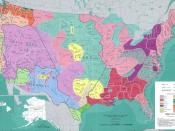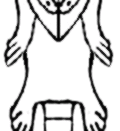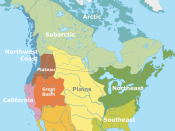These ethical concerns fall into three broad areas. First, there is the question of how to treat human remains. Over the past few years, archaeologists have often come into conflict with indigenous peoples over the custody and handling of excavated human remains. In Belgium and France, where the first-world-war battlefields are dangerous places even today, with unexploded shells, making excavation a potentially lethal activity, the situation is particularly complex because the allied armies included soldiers from a variety of faiths and ethnicities, including Africans, Indians, Australians and Native Americans, all of whose traditions may prefer to treat remains differently. Next is the question of ownership of artifacts. In the case of first-world-war sites, local people armed with metal detectors routinely collect medals and other memorabilia. The sale of such items has provided an important source of income ever since refugees first returned to the area after the conflict. Archaeologists, though, regard such activities as looting.
Around the world, the general question of who has the first claim on buried items local people, the descendants of the original owners or archaeologists is deeply controversial. A third ethical problem concerns the preservation of sites. Should battlefields be left alone as memorials, redeveloped for tourism, or preserved for the archaeologists of the future? Archaeologists increasingly consider the third option as in recent years, they have become more selective about what and where they dig, so that they do not preclude investigations by subsequent generations.


